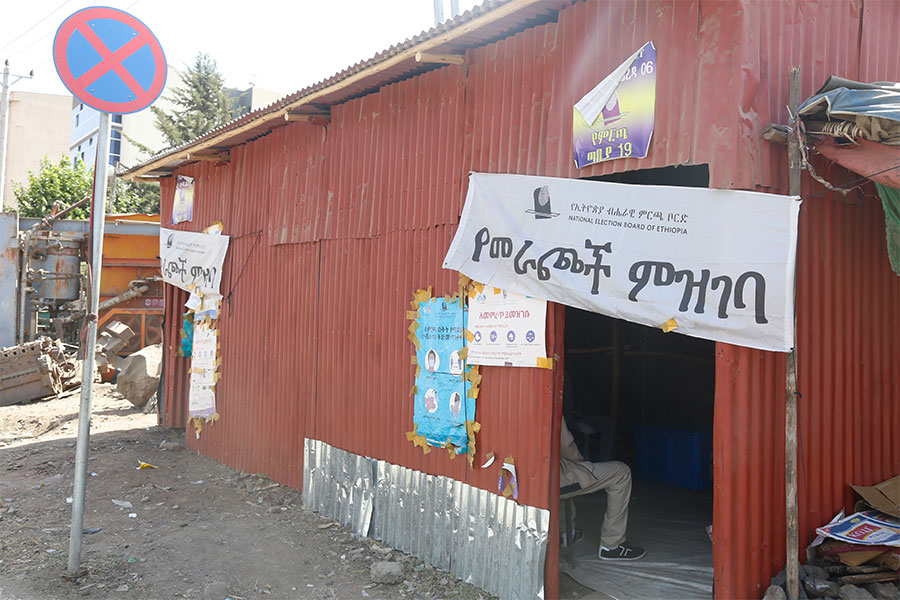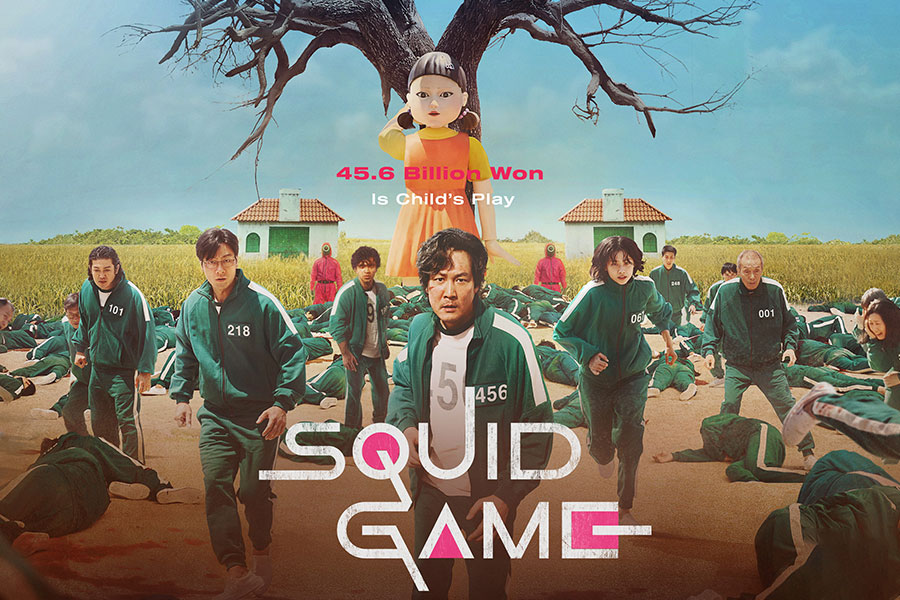
Fortune News | Oct 23,2021
In a letter, the 19th-century writer Nathaniel Hawthorne wanted to clarify that beauty was not what he had in mind.
“I am glad you think my style plain. I never, in one page or paragraph, aimed at making it anything else, or giving it any other merit - and I wish people would leave off talking about its beauty,” he wrote his editor. ”If it has any, it is only pardonable as being unintentional. The greatest possible merit of style, is, of course, to make the words absolutely disappear into the thought.”
These are the words that come to mind when I think of the Ethiopian education system, which, for close to half a century now, insists that there need not be any embellishments to how children learn. It was all rote learning, and the experience of education was not supposed to have any excitement to it.
If I happen to be in my house, and if it coincides with the morning rush of a high school student, which is not that far from my house, I can hear them memorising loudly.
Sometimes it looks like a public reading of their schoolbook on our alleyway, a kind of ostentatious display. Yet the students fidget while immersed in memorising the pages, as they rush, ignoring everything and everybody else around them.
They may struggle to memorise their weekly presentation in the classroom, a type of learning that has fallen out of favour in the developed world. More premium is attached to “21st Century skills,” including creativity, problem-solving, critical thinking, communication and group work. There is some logic to this: Why try and memorise when nearly all the information gathered in human history can be accessed at almost anytime or place at the swipe of our smartphones?
Yet, the presentation in the classroom is highly commendable, which in my schooling days was nearly completely absent. While we were in the eighth grade, because of our school's proximity, we had to assemble at Addis Abeba Stadium, on its Katanga stand under the hard-hitting sun, to exercise flag raising. We were also made to memorise slogans of the day and perform them for festivals. Other than this, presentations were rare, although I was to find out later in life its value to the learning process and mental growth.
One good example is music and how an almost jerk-knee recollection of words and sentences gives life to how well we comprehend and communicate our knowledge. Take the relationships between Tesfaye Lemma, a renowned songwriter, and Tilahun Gessese, the greatest musical talent the country has produced. With lyrics that could be read as multiple short stories, the former came up with two pieces, inspired by the political revolution of the 1970s as he confirmed in an interview.
It was the zeitgeist of the era and beyond the wildest dream of the songwriter. Tilahun’s learning by heart of the verses, subsequent phrasing and inflexions, compounded with his breathing, timing and spacing of the notes, ran with a gamut of emotions of the public at the time. It unlocked ironies from the lyrics as reflections of the fatuities of the days and the pessimism that prevailed in the country.
It soon became the talk of the town. Due to the song's authorship, Tesfaye went to jail repeatedly and it heralded the exile of one of the land’s vigorous lyrical poets and champion of traditional music.
It looks imperative that everyone needs to be prepared for presentation from thoughts. However, school books shall be prepared in such a way that the words they carry are put down succinctly and can disappear into the thought of students and quickly spread among themselves. It is only what is present in thoughts that can be delivered best and last saddled in the mind.
PUBLISHED ON
Jun 12,2021 [ VOL
22 , NO
1102]


Fortune News | Oct 23,2021

Fortune News | Dec 04,2021

Fortune News | Apr 17,2021

Radar | Jul 31,2021

Films Review | Oct 16,2021

Fortune News | Jan 12,2019

Radar | Aug 14,2021

Radar | Apr 02,2022

Year In Review | Sep 10,2021

Fortune News | Feb 29,2020

Dec 22 , 2024 . By TIZITA SHEWAFERAW
Charged with transforming colossal state-owned enterprises into modern and competitiv...

Aug 18 , 2024 . By AKSAH ITALO
Although predictable Yonas Zerihun's job in the ride-hailing service is not immune to...

Jul 28 , 2024 . By TIZITA SHEWAFERAW
Unhabitual, perhaps too many, Samuel Gebreyohannes, 38, used to occasionally enjoy a couple of beers at breakfast. However, he recently swit...

Jul 13 , 2024 . By AKSAH ITALO
Investors who rely on tractors, trucks, and field vehicles for commuting, transporting commodities, and f...

Sep 13 , 2025
At its launch in Nairobi two years ago, the Africa Climate Summit was billed as the f...

Sep 6 , 2025
The dawn of a new year is more than a simple turning of the calendar. It is a moment...

Aug 30 , 2025
For Germans, Otto von Bismarck is first remembered as the architect of a unified nati...

Aug 23 , 2025
Banks have a new obsession. After decades chasing deposits and, more recently, digita...